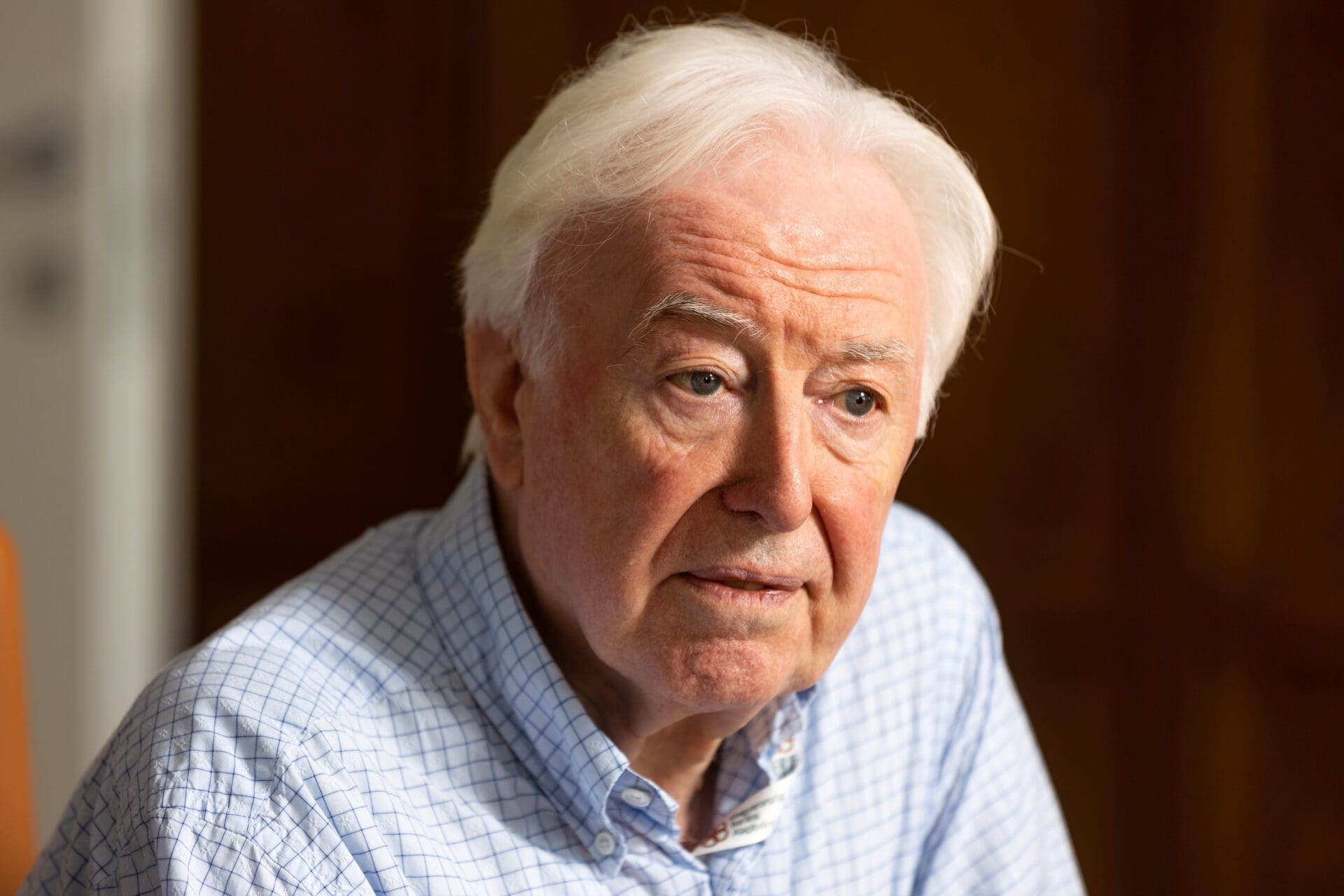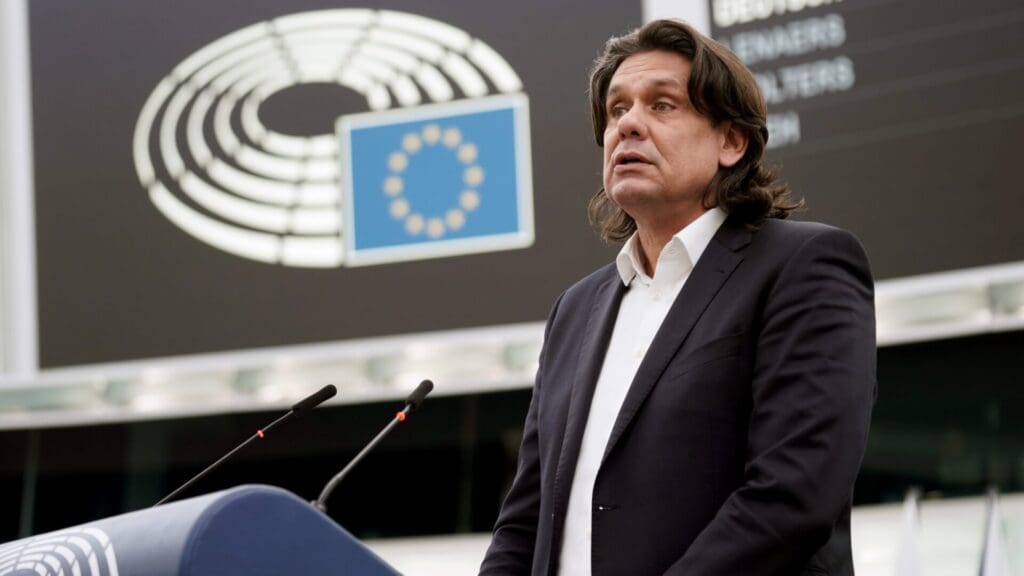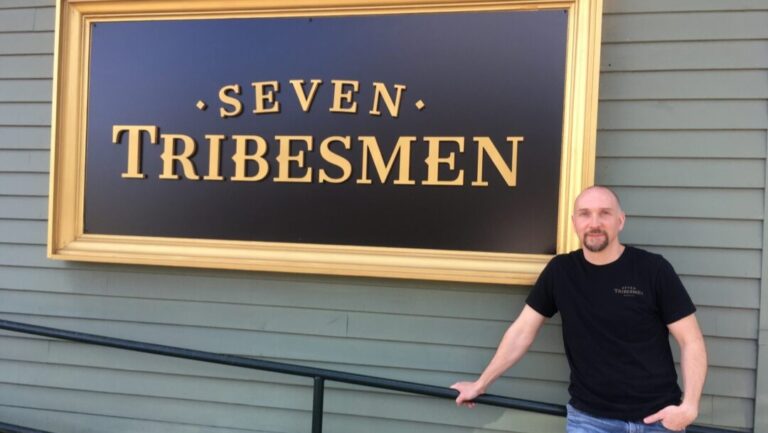What follows is the full version of the interview that John O’Sullivan granted to il Giornale.
John O’Sullivan is an editor, columnist, senior fellow at the National Review Institute in Washington, and the president of the Danube Institute. His earlier positions include editor of the National Review, associate editor of The London Times, senior fellow of the Hudson Institute, and special adviser to Margaret Thatcher.
You worked in Downing Street with a woman who made history. What was the Iron Lady like?
Mrs Thatcher was an extraordinary blend of towering world-historical figure and ordinary British housewife. In her official dealings she was hard-working, in complete command of her brief, able to interrogate her Ministers and civil servants down to every last detail, and yet able to prioritise the really significant decisions over the rest. If you were her guest, however, your comfort was her dominant consideration—she would be plumping the cushions on the sofa, making sure you weren’t sitting in a draught, and (if you were nervous) putting you at your ease. Those who worked for her found her a wonderfully thoughtful boss (amazingly so, given her many other responsibilities.) We used to say that ‘She kicked up, and she kissed down.’
To the workers in Downing Street at lower levels who brought in the tea and served at the table, she was kindness itself;
to Ministers and senior officials she was a tough but courteous and appreciative boss because she reckoned that the British taxpayer deserved the best they could deliver. To the detectives who protected her she became a family friend.
What was the best speech you wrote for her?
Usually, I don’t answer questions about which speeches I wrote or helped her to write, but as it happens, she quite unexpectedly gave me permission to tell people that I had written the eulogy she had given for Ronald Reagan at his funeral. Since that was one of the most important speeches in her entire corpus, I was very grateful to her and flattered by her kindness.
Are there any differences in the way women and men handle power, and if yes, what are those?
I am much too prudent to give a general answer to this dangerous question. What I will say is that Mrs Thatcher was a brilliant woman with an unusual mind. Like all aides to great figures, I and my colleagues sometimes found her reluctance to do exactly what we wanted very annoying—especially when she suddenly produced a much better solution to the problem out of her handbag.
Looking back, she was almost always right.
You see, there was a reason she was Prime Minister, and I was an aide. Mrs Thatcher in the end was a hero to her intellectual valets—except of course to those who were Nature’s valets.
Is very likely that in a few weeks Italy too will have a female Prime Minister for the first time. How do you interpret this change?
It’s progressive, in the real sense of the word, because it shows that Italian society has opened up social and political opportunities to half of its people. Because men and women bring different sensibilities to most questions, it’s desirable to have both of them around decision-making tables. What’s more important, however, is that Giorgia Meloni is Giorgia Meloni. She’s clearly a woman of great ability who has risen from difficult circumstances to storm the corridors of power; but she is also a cultivated woman whose thinking does not run along ideological tramlines but adopts a humane and thoughtful attitude to challenges. If I were you, I would investigate what’s in her handbag.
Many Italian newspapers compared Giorgia Meloni to Margaret Thatcher, what do you think about it?
I think they are two different women facing different problems at different times. For instance, I have read that the new prime minister-designate regularly plays cards with her predecessor, Mario Draghi. I can’t quite see Mrs Thatcher doing that. She would have thought it slightly frivolous. Mrs Thatcher never stopped being a clever scholarship girl eager to learn. Well into her premiership she sat at the feet (sometimes literally) of great men like Hayek. Ms Meloni seems a more social person which will almost certainly be a benefit to her in time.
Should Giorgia Meloni be inspired by the Iron Lady?
In a general way, of course. Think of it this way, however. Both women love literature and cite it in their speeches. Ms Meloni’s favourite non-Italian writer is G.K. Chesterton whom she quotes frequently; Mrs Thatcher’s favourite poet was Kipling whom she plundered for speeches (and many of whose poems she could quote at will.) Chesterton admired Kipling, but he also wrote a critical essay about him.
Would Meloni be in line with the current British Prime Minister, Liz Truss?
I imagine they’ll be meeting soon. Let’s not venture any judgments until that happens.
The international press has labelled Giorgia Meloni a far-right politician. Do you see her as one?
The description ‘far-right’ is a vital intellectual labour-saving device for the international press. It lifts from them any necessity of inquiring what Ms Meloni believes or has seriously advocated, and it liberates them to write fictional dramas attached to the names of real people. Alas, these dramas have no element of suspense or surprise, and so the box-office returns in Italy’s recent election were disappointing to the dramatists. As to the term itself,
there is no connection whatsoever between far-right political attitudes and Ms Meloni’s philosophy or policies.
Does she agree with far-rightists that road safety is a good thing? If so, the international left will find some way of defending traffic accidents.
Italy’s first female premier will come from the centre-right despite gender quotas having been a left-wing workhorse for years. What does that mean in your opinion?
I think real women don’t need gender quotas to succeed in politics or any other activity. From that I conclude that those who demand gender quotas need them.








